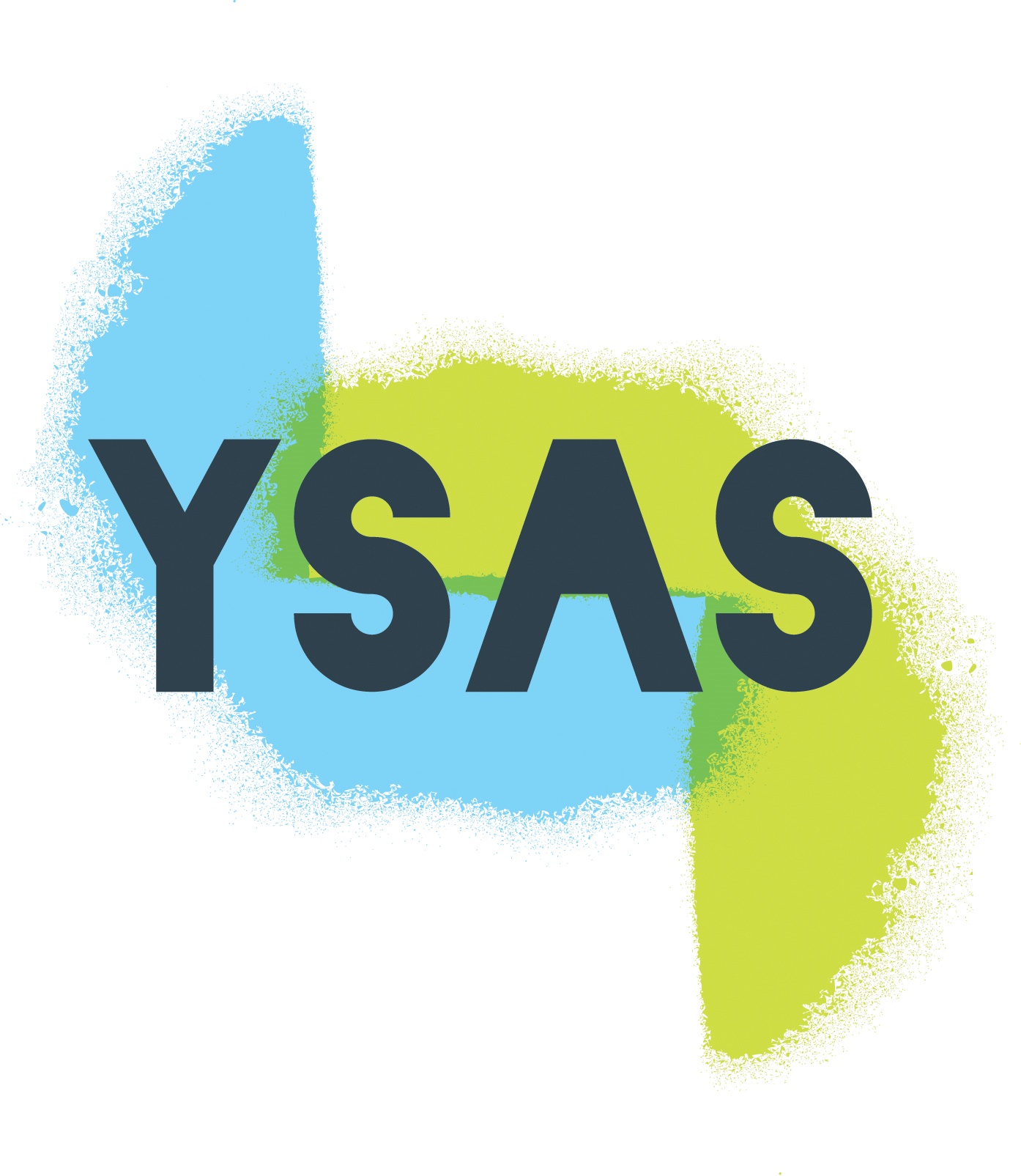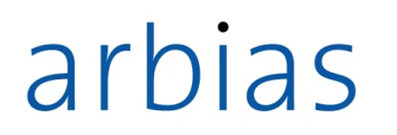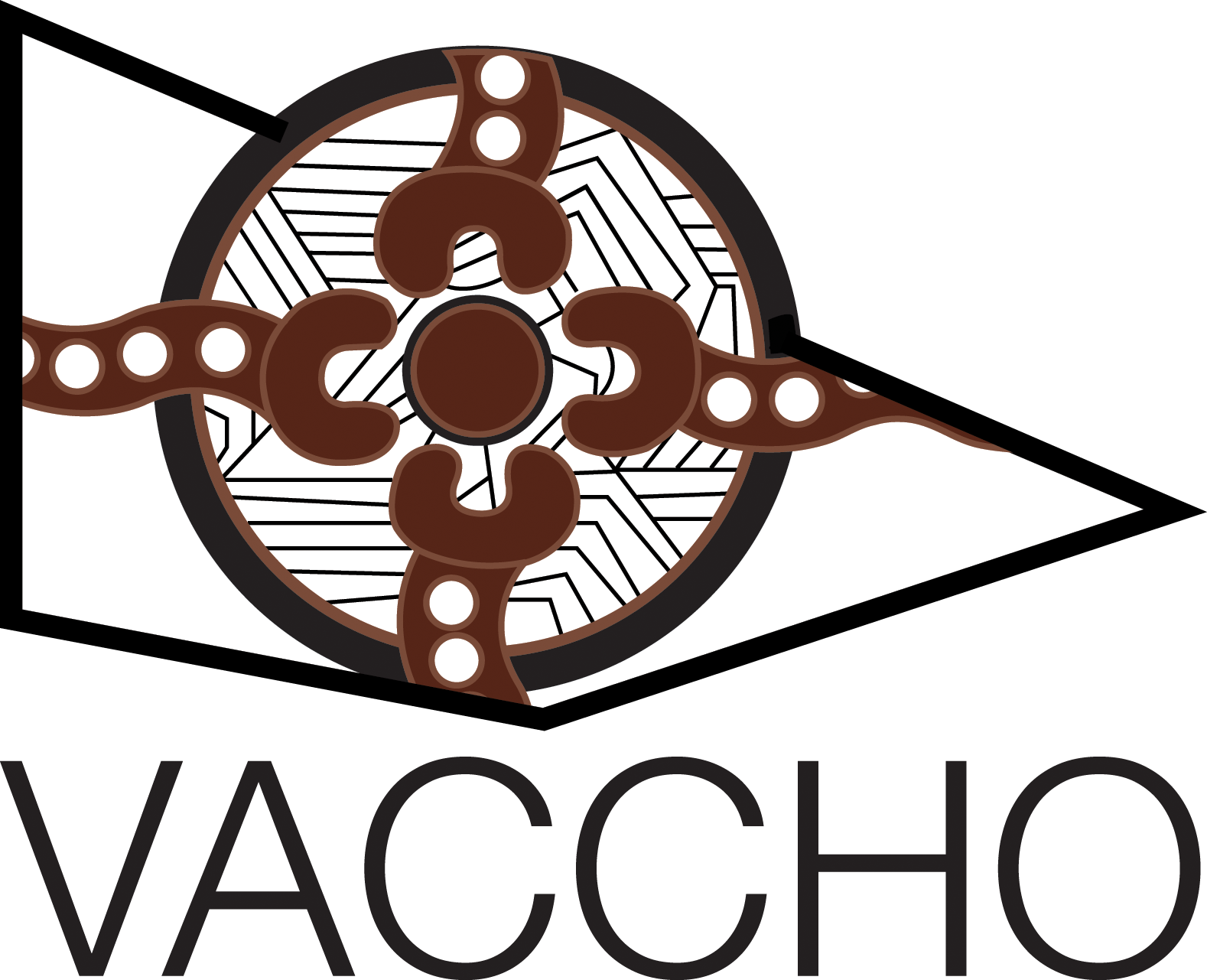IMPORTANT: registrations for training will become live approximately two months prior to start of training. To enrol in this or any training, you must click the link below and fill in the registration. If you do not complete the registration, you will not have a place in the training. If you experience a broken link, please get in touch with us at elevate@vaada.org.au
***
Our top-up workshop is suitable for supervisors who already have supervised at least one practitioner or group. The supervisor refresher workshop will follow similar content to the core skills workshop but with advanced discussion and more time to practice key skills. It will cover roadblocks and troubleshooting during supervision. It will allow supervisors to engage more deeply with the content. The focus is on embedding the core skills through self-reflection and self-practice.
IMPORTANT: registrations for training will become live approximately two months prior to start of training. To enrol in this or any training, you must click the link below and fill in the registration. If you do not complete the registration, you will not have a place in the training. If you experience a broken link, please get in touch with us at elevate@vaada.org.au
****
This half-day session will introduce participants to the key terminology used in family violence practice and provide a brief overview of the family violence system as it applies to young people. This session is designed to support participants in identifying areas of interest and the types of work and practice that can support young people.
Learning outcomes:
- Discussion of family violence discourses as they apply to young people
- Introduction to the impacts of co-occurring family violence and Youth AOD
- Overview of different strategies and frameworks for responding to young people’s family violence needs
- Factors to consider when applying a youth specific lens to family violence work including risk assessments and referrals.
IMPORTANT: registrations for training will become live approximately two months prior to start of training. To enrol in this or any training, you must click the link below and fill in the registration. If you do not complete the registration, you will not have a place in the training. If you experience a broken link, please get in touch with us at elevate@vaada.org.au
****
The aim of this module is to provide participants with knowledge and skills for working with people who have an ABI who present with alcohol and/or substance use and mental health issues.
Learning Outcomes
On completion of this session it is anticipated that participants will be able to:
- Know how to screen for ABI risk factors and how to refer for further assessment
- Describe a number of common mental health disorders
- Understand how alcohol and other substance-related brain injury occurs and their common consequences
- Understand how complexity/comorbidity occurs
- Implement strategies to assist with working with complexity
- Understand brain-behaviour relationships and the effects of ABI on behaviour
IMPORTANT: registrations for training will become live approximately two months prior to start of training. To enrol in this or any training, you must click the link below and fill in the registration. If you do not complete the registration, you will not have a place in the training. If you experience a broken link, please get in touch with us at elevate@vaada.org.au
****
The aim of this module is to provide participants with knowledge and skills for working with people who have an ABI who present with alcohol and/or substance use and mental health issues.
Learning Outcomes
On completion of this session it is anticipated that participants will be able to:
- Know how to screen for ABI risk factors and how to refer for further assessment
- Describe a number of common mental health disorders
- Understand how alcohol and other substance-related brain injury occurs and their common consequences
- Understand how complexity/comorbidity occurs
- Implement strategies to assist with working with complexity
- Understand brain-behaviour relationships and the effects of ABI on behaviour
IMPORTANT: registrations for training will become live approximately two months prior to start of training. To enrol in this or any training, you must click the link below and fill in the registration. If you do not complete the registration, you will not have a place in the training. If you experience a broken link, please get in touch with us at elevate@vaada.org.au
****
VACCHO’s Introduction to Aboriginal Cultural Safety training aims to provide the necessary foundational knowledge to enable participants to:
- Develop a greater understanding of Aboriginal cultural and social perspectives
- Engage meaningfully with Aboriginal peoples and Communities
- Strengthen existing relationships and integrate cultural safety into practice
- Identify ways to embed and apply learnings in professional and personal contexts.
Session topics include:
- The historical and intergenerational impacts of colonisation and policies and how they have shaped Aboriginal culture, peoples and Communities
- Aspects of Aboriginal identities, culture and protocols
- Fostering respectful relationships with Aboriginal peoples and Communities
- Foundational skills and strategies for implementing cultural safety into practice





